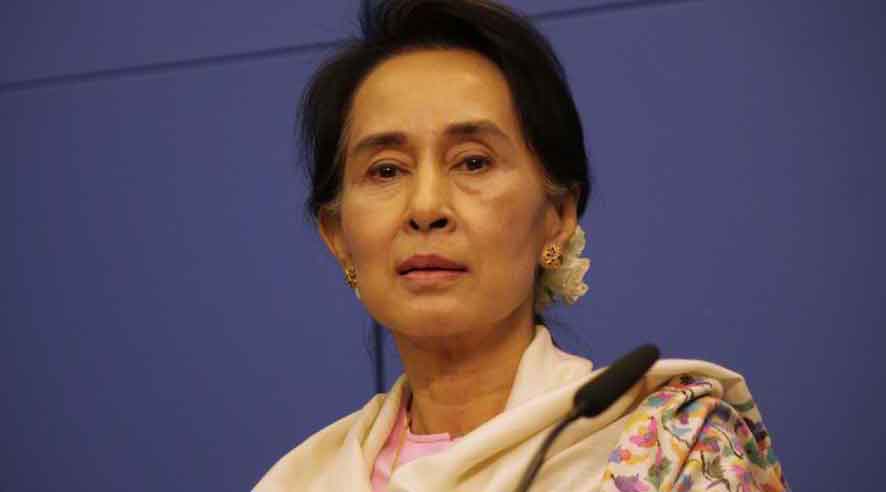The decision by Myanmar’s junta to dissolve the National League for Democracy — it is led by the Nobel laureate, Aung San Suu Kyi — and several other Opposition parties marks the latest step by the country’s military rulers to undo hard-fought democratic gains. Ms Suu Kyi, who battled for democracy in Myanmar for years and then led the NLD to victory in the country’s first free election in 2015, is serving sentences for a series of convictions on charges that her supporters and many in the international community view as trumped-up. The military junta, which deposed the NLD government after it won a second term in 2020, said that the parties failed to meet a deadline to register under a new law. There are few takers for this argument globally, with many nations, including the United States of America, the United Kingdom, Japan and Australia, publicly condemning the step. Unsurprisingly, China and Russia have been silent on the NLD’s dissolution. More curious, though, is the Indian government’s unwillingness, so far at least, to take a position on the matter.
To be fair, India often finds itself in a tough spot when its neighbours are facing political crises. As the region’s biggest nation, it gets accused of interfering in the affairs of others if it does take proactive positions on their internal disputes; and gets pilloried for inaction if it stays quiet. There are also important strategic factors at play. In this case, Myanmar borders Northeast India. New Delhi needs the cooperation of whoever is in power in the neighbouring nation to ensure that armed extremist groups with hideouts in Myanmar are not able to spring surprises. Then there is China. Beijing has long had relationships with and influence over many of Myanmar’s rebel groups. At the same time, it has cosied up to the military junta, supplying it with weapons and political support. Indian governments of all political stripes have long worried that alienating those in power in Myanmar could push them into the arms of China even more. That calculus is likely weighing on the Narendra Modi government too. But diplomacy is rarely a zero-sum game. At a time when India’s most prominent Opposition leader has just been expelled from Parliament, silence on what is widely seen as a crackdown on political Opposition in Myanmar is unlikely to help its stature as the world’s largest democracy. India’s reputation is at stake too.










